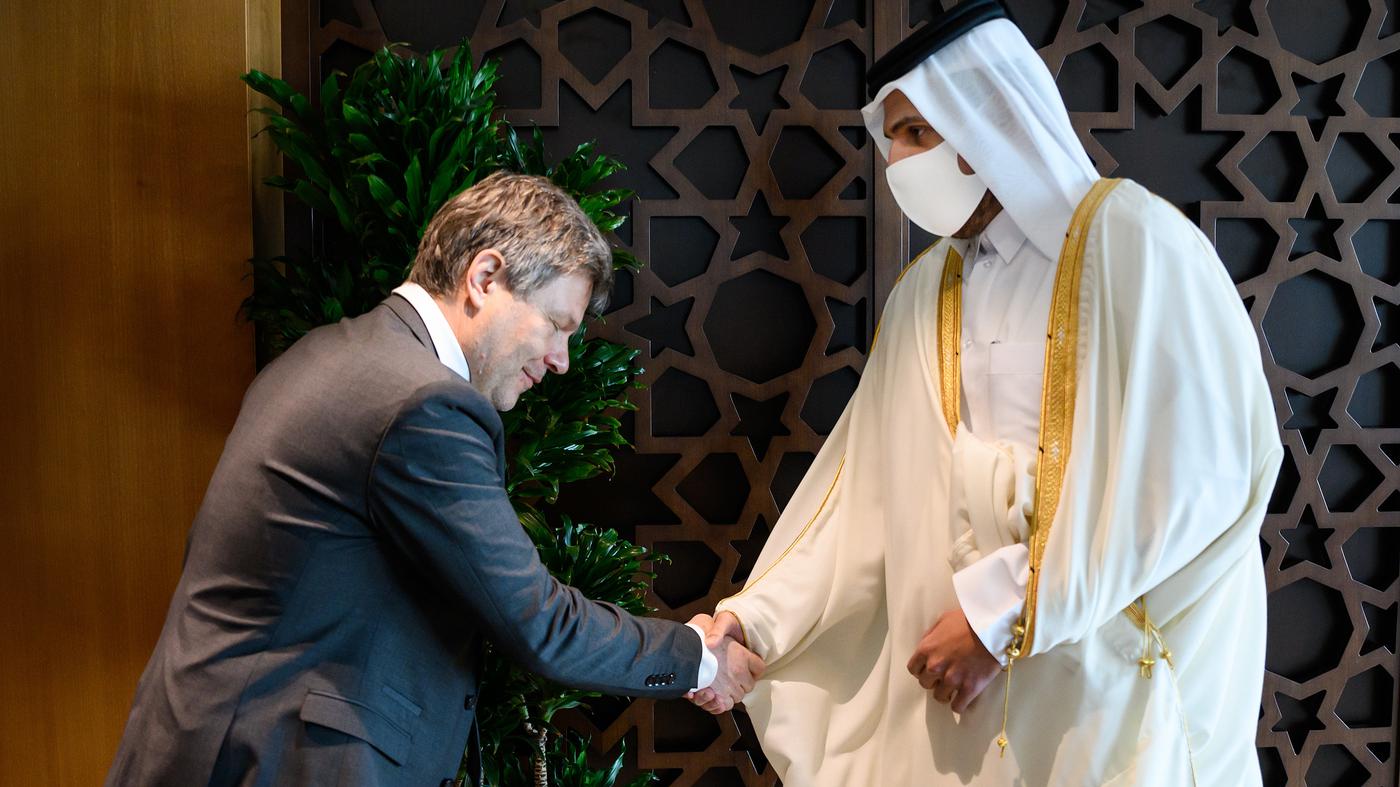When Robert Habeck bowed to the Qatari Energy Minister in March 2022, he was sure to receive malice from the public. A Green economics minister visits an authoritarian state to procure liquid gas. What is read by some as the iconography of democratic self-forgetfulness is for others “business as usual”.
The Ukraine war also marked the end of a business model fueled by cheap Russian gas, and since then a new phase of economic policy deals has begun. Frank Bösch, head of the Leibniz Center for Contemporary Historical Research, is now presenting “a different history of the Federal Republic” with “Deals with Dictatorships”.
What seems different is that history is viewed through the rearview mirror of West Germany’s foreign policy relations. And this is a complicated field in the early phase. Even though the Western Allies did everything they could to integrate the Federal Republic into the alliance system, no one wanted to get too close to the successor state to the Third Reich. The first US president only visited the Bonn Republic in 1959.
Monarchical opulence
In order to give themselves the appearance of international recognition, they invited state guests who had monarchical opulence with them: the Shah of Persia or the Ethiopian Emperor Haile Selassie. To ensure that nothing stands in the way of the production, protests or critical media reports were prohibited as much as possible. In terms of domestic politics, the search for one’s place in the world is also a negotiation with one’s own democratic strengths, which were generously interpreted, especially in the Adenauer era.
From these beginnings, Bösch traces an arc of foreign relations that leads from the dictatorships of Spain and Portugal through the regimes in Latin America and Africa to the Soviet Union. This not only makes global history understandable, but also makes the interior of the Federal Republic of Germany visible. Because what happens at the upper level of diplomacy always happens in parallel in civil society.
Political asylum seekers from Chile or Greece brought the conflicts of their home countries with them and found allies in their struggles in parties, clubs and unions. Bösch places a particular focus on the work of Amnesty International, in whose archives he has done a lot of research. He sees the NGO as a key driver for developing an awareness of the role of human rights in foreign policy.
Flexibility and willingness to deal with conflict
With the end of the Adenauer era and the dawn of the social-liberal era, new accents were set in foreign policy. What remains more or less the same over all decades is the primacy of the economy. Whether with the eccentric Muammar al-Gaddafi or the People’s Republic of China: The Federal Republic of Germany is proving to be an actor that is extremely flexible in finding space for trade relations, even if that means getting into conflict with the USA or other Western states.
In order to avert the worst damage to its reputation, the federal government repeatedly got creative. When weapons were to be delivered to Pinochet’s Chile in the early 1980s, the Foreign Ministry suggested sending submarines. This helps the domestic shipyard industry and prevents the creation of unsightly images: no one has ever shot at demonstrators with submarines.
Bösch’s book has many such details, which make the big picture of the intricacy but also the cynicism of diplomacy clear. “Deals with Dictatorships” counters its scandalous content with a de-escalating tone; the author largely holds back from making judgments.
With the courtesy of a historian
Sometimes one would like to wish the book had more courage to express linguistic urgency, because the polite tone of historical science almost drowns out what Bösch’s methodology offers as a punchline: “Change through trade” has so far been thought of as a strategic external impact. But it is above all German society that is making a change – which brings us back to Robert Habeck.
At a time when the question of whether one should purchase Russian gas has become a domestic political battle of faith across all camps, one thing becomes clear: “Trade” does not only consist of exporting democratic values abroad, but also creates conflict situations to import the German marketplaces.
From the early attacks on press freedom in the Adenauer era to today’s energy policy, German society sees itself in the rearview mirror of its foreign relations. Frank Bösch’s book makes a major contribution to clarifying this view.
